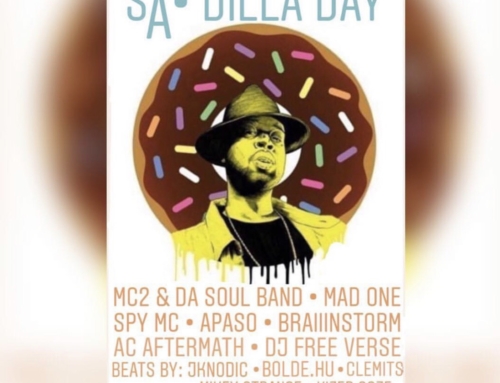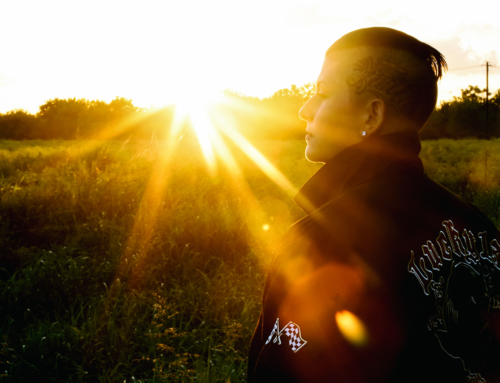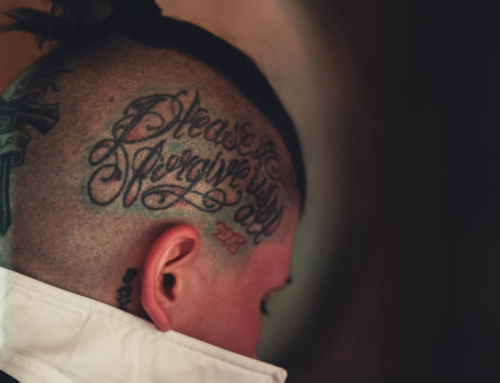Hello everyone! I recently sat down with Kayleigh Hughes from the SIMS Foundation for an interview about my past and how it’s shaped me to who I am today. Read below!
PROCESSING MENTAL HEALTH AND ADDICTION WITH MUSIC
My name is AC Aftermath. People think of “aftermath” as a negative thing but I feel like aftermath can change who you are if you use it in a positive way. In the aftermath of a bad situation, you can make it so you grow and do better, or you can make it so you go deeper down the hole.
I’m 29 now. I do hip hop. I’ve made music since I was 15. But with age comes wisdom. When I was a drug user, I would listen to songs that were pro-drug, pro-objectification, pro-violence. So I stayed in that mindset. But then as I shifted, I started listening to different artists, and now my content has shifted to the opposite of that.
The content of what you listen to has a big effect on your attitude.
My History
I went to an inpatient rehab for Oxycontin and cocaine when I was younger and lived at home. I got out of rehab and detoxed, but still used. I never got back to the point where I was as dependent, but then I got a prescription for Adderall. Between that and coke, that was bad. I was still addicted when I lived in Denver. My mom passed from cancer when I was 21, and I got to Austin in 2011 when I was 23.
Now I live on a farm. I work with horses and cattle. I got that job about two weeks after I moved to Austin. I didn’t grow up with horses, I didn’t grow up on a farm; it changed my perspective.
Starting Recovery
I had been court-ordered to go to AA and NA meetings when I was younger. So in Austin, I went and stuck with it, and eventually became sober. I’m not 100 percent sober; I still drink occasionally, but I’m not at the point where I was before.
AA and NA worked for me up until a certain point. Part of my recovery came with me getting older, saying to myself, “you’re an adult, you can make these decisions.” Mentally maturing. I found God, I went to church.
I still have an addictive personality. You see all my tattoos. Relationships. It’s definitely part of who I am. But now, I can drink on the weekends with my friends and my sisters.
Purpose
The thing I have in me more than anything is fear. I know if I use substances, what I’m capable of doing. So, I practice self-control. [I go to] DBT (dialectical behavior therapy) and CBT (cognitive behavior therapy).
With music, performing, going to the studio, it gives you purpose. Taking being creative seriously, writing lyrics, it’s processing.
I think in the hip hop and rap community, maybe more so than other sectors of music, mental health and emotional health isn’t on the forefront. It’s a big problem; mental health awareness and being able to say “it’s okay that I’m not okay”.
A lot of the rap and hip hop community, the whole music industry really, is predominantly male. That’s another hurdle to jump over. As a man especially, [it’s difficult] to talk about problems and emotions. Mental health and emotional health and well-being are crucial and it’s not spoken about. A lot of the people that I work with are really good; they talk about it, they’re open. I’m very happy with that.
There are people who don’t know that SIMS exists, but I’ll definitely tell everyone I know.
This story was told to Kayleigh Hughes and has been edited and condensed for clarity.












